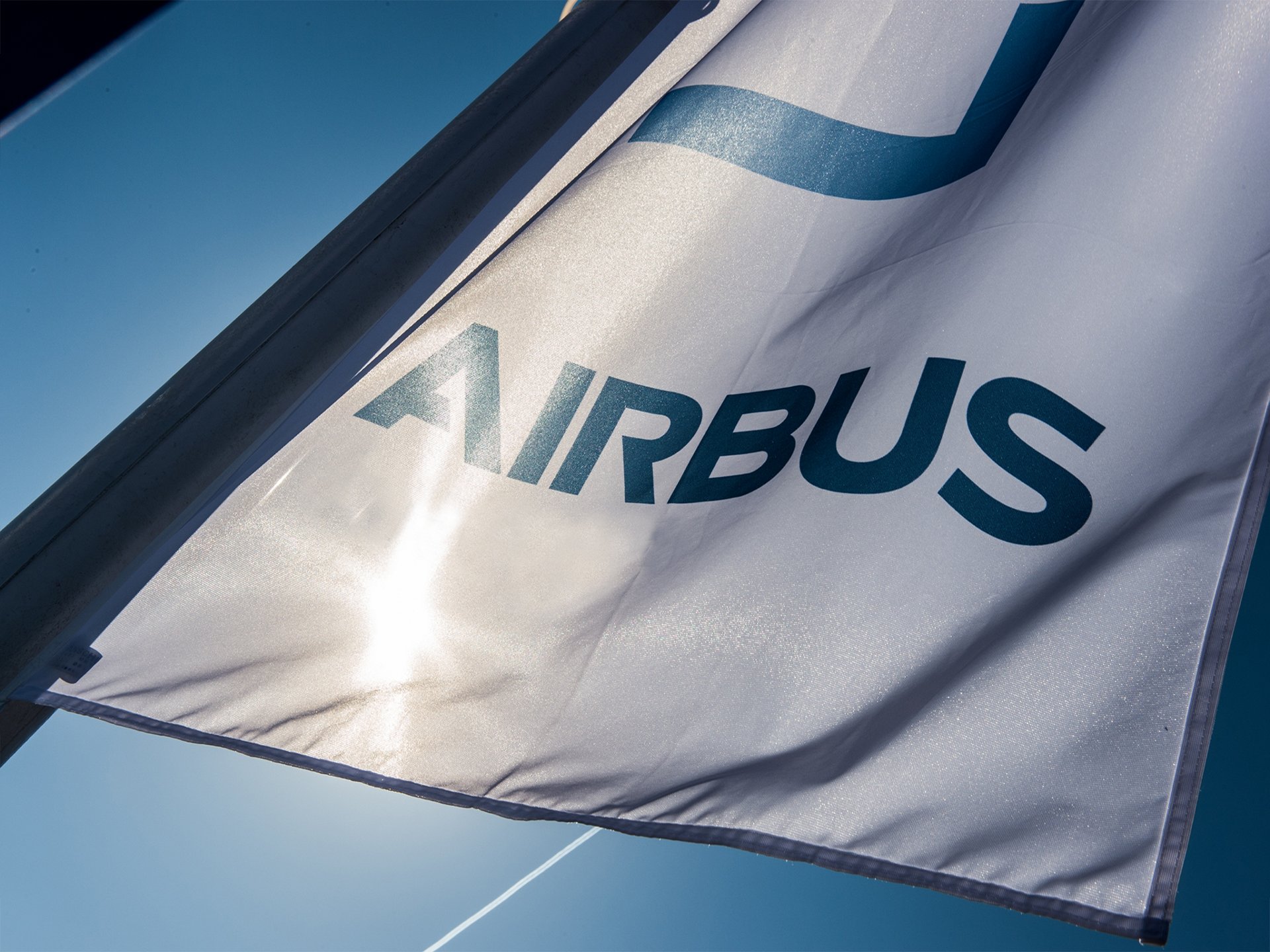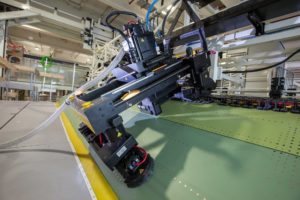
Airbus drives OPTIMA photonics payload technology to next level
NEW DELHI: Airbus has validated and demonstrated photonic satellite payload technology to Technology Readiness Level 6, the last level before prototype in orbit, through the OPTIMA Horizon 2020 project.
This proof of concept demonstrator brings the use of photonic payloads in telecommunications satellites one step closer. Photonic payloads have the potential to revolutionise the design, capacity and capability of future generations of telecommunications satellites.
Photonic payloads will use light to transfer the signals throughout the spacecraft, replacing current radio frequency (RF) technologies, allowing for the development of more efficient and powerful satellites which are able to meet the increasing complexity and sophistication required by customers.
OPTIMA takes into account the future evolution of telecom satellite payloads and inter-satellite links which are expected to enter the terabit per second and multi-Gb/s “era” in the 2020 horizon.
OPTIMA technology enables the design of such payloads with significant reduction of mass, volume and power consumption against full microwave approaches, whereas Photonic Integrated Circuits enable low overall production and integration costs.
The technology developed in OPTIMA will see the sustained entry of photonics into telecom satellite payloads. This will enable easier capacity upgrades of multi-beam telecommunication satellites and also leverage the R&D investment to address next generation coherent inter-satellite links with fully integrated and qualified components.
Javad Anzalchi, Airbus project manager and technical lead said: “By bringing together industry partners, we have managed to develop, demonstrate, and raise the technology readiness level of photonics for applications in space. Using the low power equipments developed in OPTIMA, enables us to achieve high capacity payloads and multi-Gb/s inter-satellite links with considerable savings in power, mass and footprint.”
The OPTIMA project, led by Airbus in Stevenage and part of Horizon 2020 funded by the European Commission, comprises specialist partners from across Europe, including: DAS Photonics (Spain), CORDON Electronics (Italy), SODERN (France), Huber+Suhner Polatis (UK) and IMEC (Belgium).

